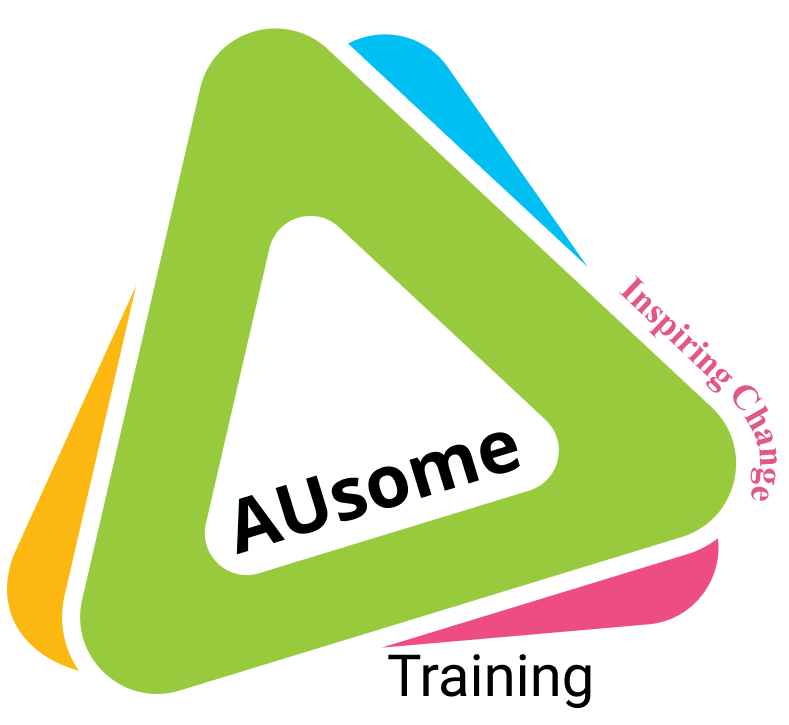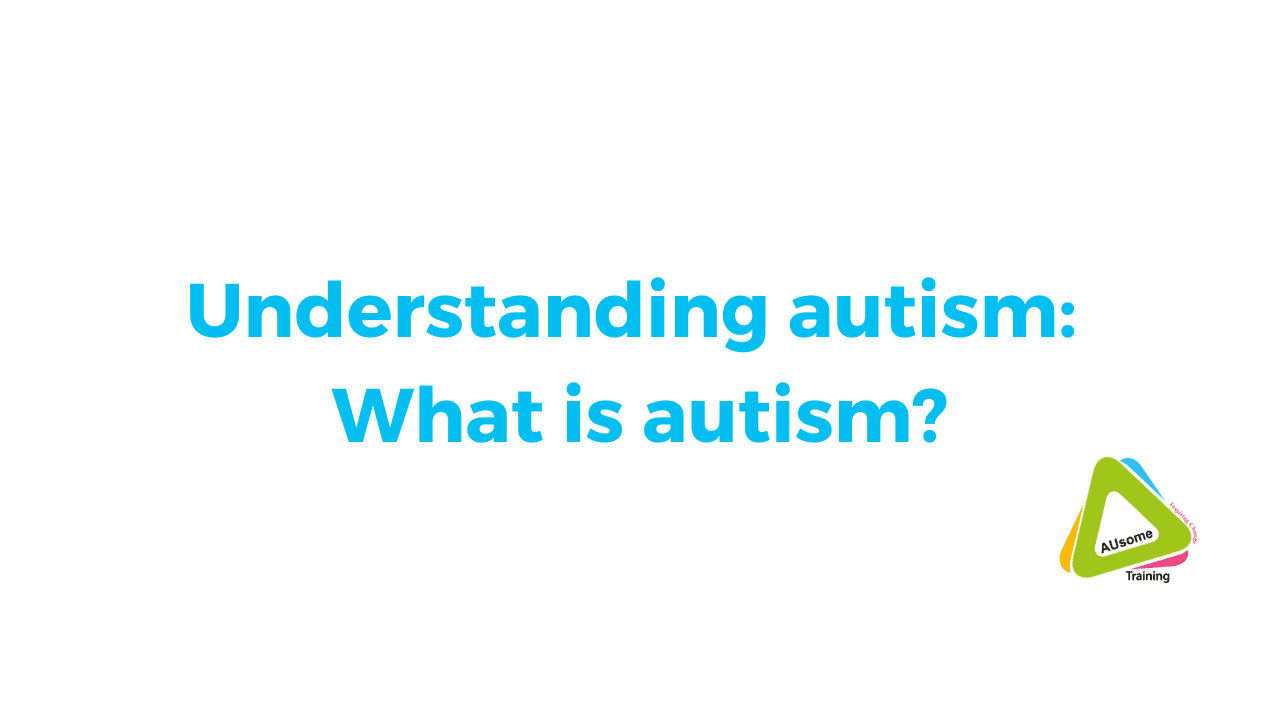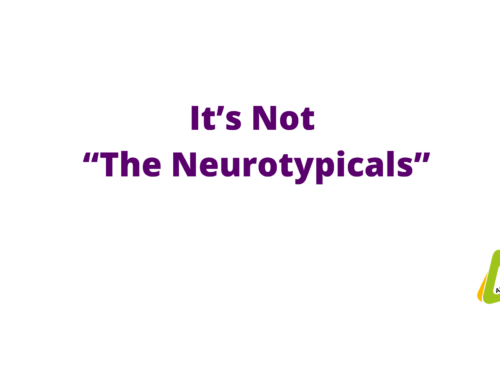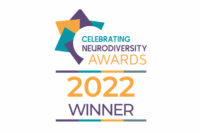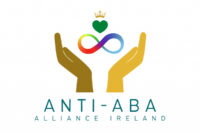What is autism, really?
What is autism and how can we understand it?
The first step in truly grasping autism is to stop thinking and talking about it.
Yes, you’ve read that correctly and I’ll explain why-
Autism is a thing, a concept. Actually it’s not even a thing. It’s a nothing because it is literally a list of perceived deficits, a list of minuses if you will.
We can’t understand something that is really a nothing and so we need to spend more time thinking and talking about Autistic people, Autistic lives and Autistic culture.
Autistics are a pretty sensitive bunch of people. Science shows us that Autistics take in more information from our environment than less sensitive folk.
Autistics: A sensitive bunch
People who don’t fully understand us and fail to understand humans in general will say things like we can’t filter things out, but that’s nonsense of course because if we couldn’t, we would be picking up on all sorts of information travelling in waves around us with little time for anything else.
We can of course not turn our attention to everything going on around us, but we do seem to notice things others do not. And so of course we filter out lots of sensory information. I don’t think we could survive if we could not filter- so those people are just talking nonsense and what’s worse is that they are basing their ideas on some idea of normal which is rooted in supremacist ideas- like there’s only one right way to exist and sense the world around us.
One right way to be human.
But let’s leave the nonsense and talk more about us Autistics…
Paying attention
Because of this sensitivity, our attention might be drawn to things in our environment that other, less sensitive folk may not even notice. So as children we may, for example, spend hours watching rain running down a window pane.
To the outside observer who hasn’t listened to Autistic experiences, this might seem like a mindless activity, but our minds are always busy. In this example the child is noticing the patterns the rain makes, the way it forms different paths, travels along the same path and then diverges off onto another one until that path is interrupted by other raindrops on their journey.
We’re studying. We’re learning. We’re enjoying this interaction with our world. It’s exciting. Mindfulness at its best. And yet, some people pity us for they are misinformed and do not understand the immense sense of joy or connection such an interaction can bring.
Internal world & external expression
Our internal worlds are rich and vivid- a reflection of our outside world experiences.
Our rich internal experiences are often expressed in our body language. Misinformed self-declared experts got this wrong too when they labelled our body language as ‘self regulatory behaviour’. This is now shortened to stimming and is just normal human body language which has been twisted into something that it is not- a symptom or deficit – a sign that we are subhuman.
Those experts had some pretty strange ideas and unfortunately they influenced a lot of discriminatory ideas about us plus harmful, experimental fake treatments to stop us using our bodies in human ways.
Humans express their internal experiences on the outside and seeing as Autistics are human we do that too. Our intense experiences make for intense expressions. Other people don’t seem to reach such heights of intensity unless they’re for example … watching a football match.
When you see the match crowd, you observe some pretty amazing expressions of internal experiences or feelings. You’ll see people shake their heads and shout at the players. You’ll see people wring their hands and jump up and down. They’ll stomp, they’ll roar, they’ll chant, they hold their head in their hands, they may even hug each other. They are alive with tension and emotion.
That’s what humans look like when they’re really interacting and involved with their external world. Autistics just can experience that level of emotion by watching the rain dance on the window or by thinking or by rubbing something soft between our hands.
We can experience that intense joy when we watch our favourite program, listen to our favourite podcast, spend time with our collection of special things or see that rare model of car because it’s our passion to know about cars.
People who are not Autistic appear to need a lot more input to reach our levels of emotional experience- guess that’s just because we’re taking in so much already.
Input overload
All humans have a cap on how much we can take in before things get uncomfortable. We all have thresholds for gathering and processing sensory information from the world around us and from our own bodies.
We know this from our own experiences like when we reach information overload and just can’t listen to anymore information for a while, till our minds have a chance to catch up and our nervous system takes a little break.
We know this because some torture techniques include sensory bombardment to overload a victim’s system and it hurts them.
Just like all other humans, Autistics too can become overloaded when we reach our threshold. If our environment gives us too much to process, then it will hurt us. Because we’re already processing so much of our world, we might hit our threshold faster than a less sensitive person.
This is part of the reason some of us may have meltdowns but there are other causes too and Autistic people do not need to have meltdowns. We should be able to live our lives without all that pain and overwhelm once our sensitivity is taken into account.
Egalitarian Communication
Another part of being Autistic is that we communicate in a way that reflects our sensitivity. We take in so much of our world that our relationship with our world is intense. We do not organise our world in a hierarchy but know that everything is connected and that everything is equal.
Our egalitarian outlook is obvious in our communication. Again, the misinformed self-declared experts made up lots of silly theories about us but they really didn’t know what they were talking about. We have wonderful ways of interacting with our world and the people in it. We communicate on an equal level rather than operating in a social hierarchy.
Of course much of the world lives in competition with itself and ranks each other in terms of perceived importance based on how many symbols each person has. Symbols are social constructs like wealth and beauty, class or talent but these symbols are often not very important to us.
When egalitarian communication meets hierarchical communication there are often clashes. This miscommunication is often called the Double Empathy problem and it means that hierarchical communicators can misinterpret us and vice versa.
It just means we all have to work harder and understand that there are different kinds of communicators in this world.
Unfortunately meltdowns, anxiety and other responses to living in a world which doesn’t understand nor accept us are poorly understood by some people. Because of those silly old experts many people now think that trauma responses, when exhibited by Autistics, is “autism”.
I know, it makes no sense to me either and I’ve no idea why people who considered themselves experts came up with such daft ideas about us.
Levels of autism
Another thing they got very wrong is levels of autism. Autistics are a bunch of human beings so like any bunch of human beings we will have members of our community who need more care than others. Some of us have medical conditions that mean we may not have full control over our movements or maybe we cannot access mouth words. These are separate things and need to be regarded as such so that every Autistic person can have their needs met properly.
So to finish up we don’t have deficits. I mean, how could noticing more of our world be a bad thing? How could noticing more mean we are less capable? Makes zero sense really, doesn’t it?
Understanding autism vs understanding Autistics
Autism is really a made up condition. We’re really just a bunch of sensitive folk who communicate directly. Hardly a need to send us off to therapy for that now is there?
We are in an important time right now. We are moving away from the incorrect medicalised way of viewing us and moving into a time where we won’t even be diagnosed anymore.
It’s exciting but it also means that there is still a lot of really silly information out there about us.
The simple truth is that you cannot define people by what they are not and that’s how ‘autism’ is defined- a lacking in us compared to superior people, a list of deficits that sets us apart and others us rather than defining us by who we are- a percentage yet to be discovered- of this wonderful human tapestry who are at the higher end of the sensitivity scale- just humans, not very different to anyone else.
We need sensitive people in the world. We’ve always been here, we’ve often protected others with our sensitivity.
Autistics are human. Autism is a word to dehumanise.
